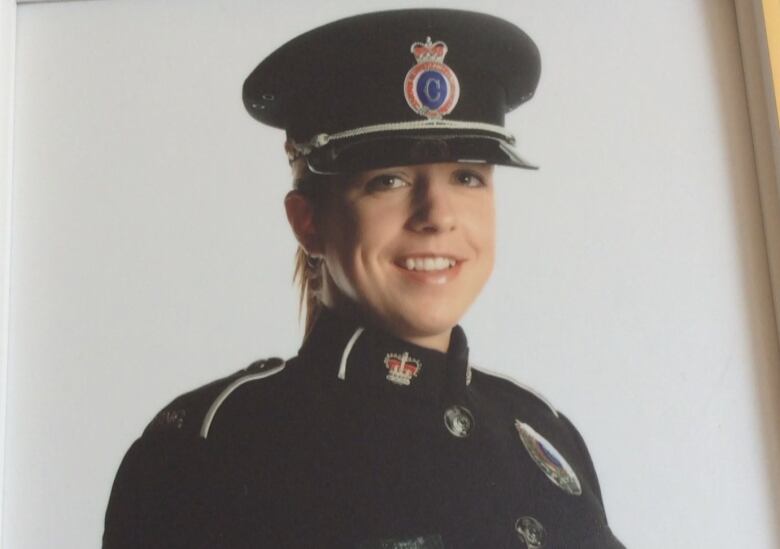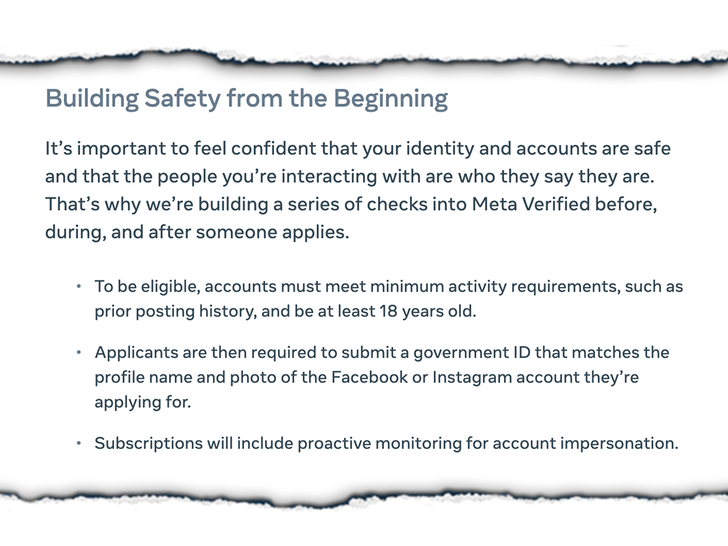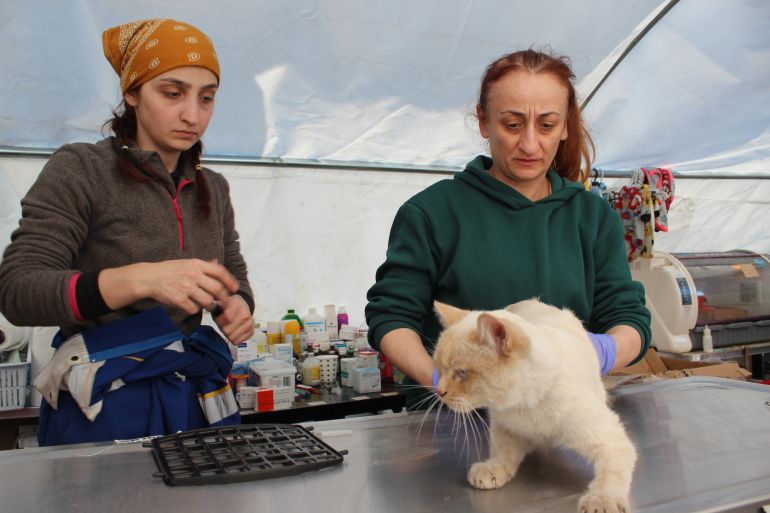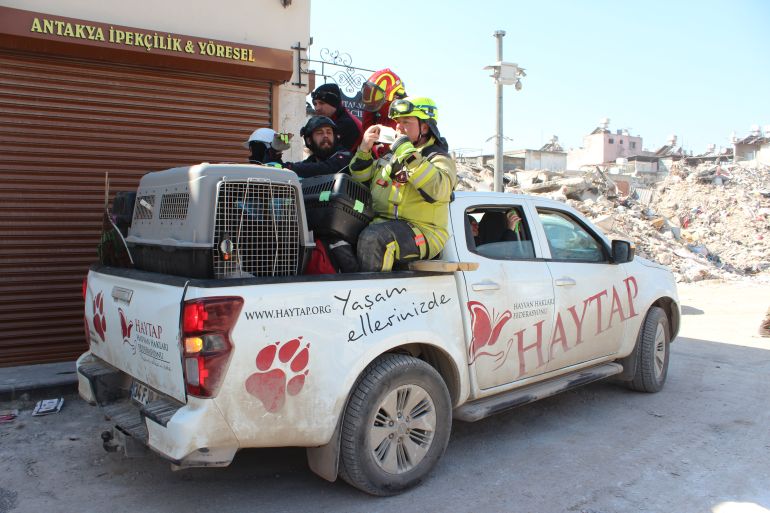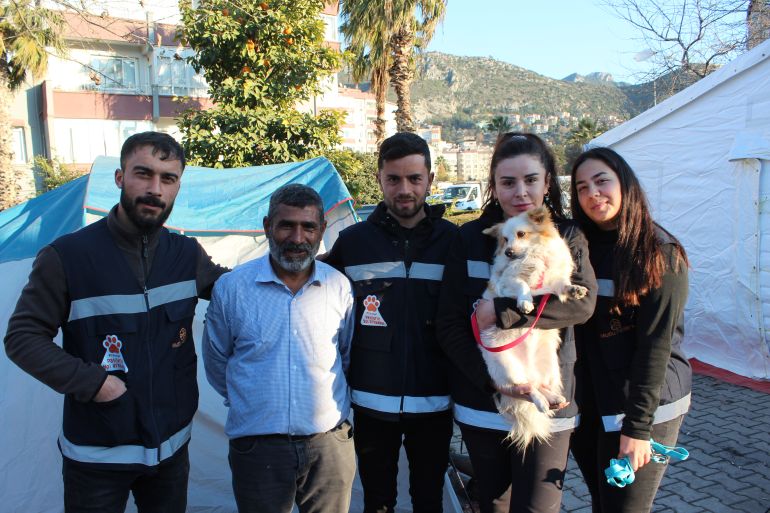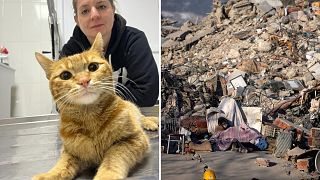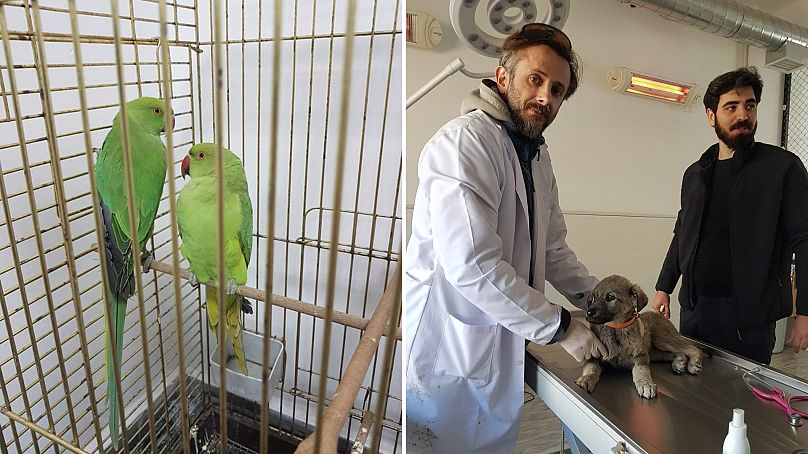Newfoundland and Labrador
Retired police officer breaks silence over RNC dismantling horse therapy program
Ottawa-based non-profit says it was ‘shocked’ force cut ties
without consultation
When the Royal Newfoundland Constabulary posted in late January about Bell Let's Talk day, a national corporate initiative to support people with mental illness, Kelsey Muise couldn't help but laugh at the irony.
The former constable retired months before the RNC espoused breaking the stigma in social media posts. Officers wore blue knitted hats and held signs saying, "Let's Talk."
Muise is now ready to talk.
"It's not a matter of if, it's a matter of when people are going to start taking their lives around here," Muise said in a recent interview with CBC News.
Muise is breaking her silence because she says the force quietly dismantled its equine therapy program — an initiative that was meant to help fellow officers and first responders, and connect with the community. The collapse of the program is a symptom of a much larger issue within the force, she said.
Mental illness is not being treated appropriately, Muise said, and she fears for the officers who remain on the job.
"I knew that I was going to have hard, tough calls. I knew that there was going to be trauma and I knew that there was going to be things that I did not want to witness," Muise said of her career as a police officer.
"But I did not think that one of my biggest opponents was going to be my employer."
The RNC never publicly announced it was stopping the program, nor did it announce it had retired one of its horses — Dr. Rich, who was Muise's partner. Muise said the greatest hurt came when the RNC sent her partner, a Percheron, to another province without telling her.
Muise said she was diagnosed with post-traumatic stress disorder in 2015, resulting from a culmination of events in her career. She was hospitalized because of her disorder and sought treatment in Ontario.
She thought her career was over. After 18 months on sick leave, Muise met with then chief Joe Boland, who suggested she work with the mounted unit.
She said it reignited her career and the work became her "passion" and what she believed was her "true purpose for being there."
Muise worked for three years with the mounted unit and trained to become an equine therapist. Horse-assisted therapies promote physical and mental well-being and are conducted with mental health facilitators. The program draws on a horse's ability to recognize human emotions and body language.
Muise guided a pilot project that provided equine therapy to first responders, including members of the RNC, and the wider community. She held multiple eight-week sessions with vulnerable populations who suffered from mental health issues, poverty and addiction.
I think it was a great rapport to be able to open that to a police force. And to see, it's kind of shut down with no explanation, no openness, no conversation about it. I feel that it's kind of going backwards."- Ryan Theriault
Muise said it broke down barriers in the community and allowed a level of trust and connection with the RNC that had long been missing.
"I think that it allowed participants to see us, meaning the police, as humans," Muise said. "Most people in the community don't come up to a police car [but] they'll come up to a police horse."
Boland retired as chief in late July 2021. Patrick Roche, the retired commanding officer for Corner Brook and Labrador, assumed the role on an interim basis in August 2021. That summer, Roche announced two Newfoundland ponies would be integrated into the therapy program. Muise said that work had begun under Boland.
"The RNC continues to progress its safety and wellness strategy, sending heartfelt gratitude to the community partners who are so dedicated to building safe and healthy communities together," the force said in an Aug. 19, 2021, press release.
Roche declined an interview request about the status of the equine therapy program.
CBC News sent the RNC a list of questions that went unanswered.
'Change in management'
But Muise said there was a shift in priorities within the RNC, and the equine therapy program didn't seem to be one of them.
Muise said the ponies were never used for their intended purpose. The donor of one of the ponies told CBC News he was told to retrieve the pony and the equipment he donated. He's now paying to board the horse.
"As soon as there was a change in management, things went downhill," Muise said.
Roche was appointed to the top position permanently in February 2022. He told reporters that police mental health was among his top priorities.
"We have to be preventive in our treatment of mental health issues for our membership. And how do we do that? We need to work with professionals who are experts in that area to guide us," Roche told reporters at the time.
Muise went on sick leave that same month.
"It was just made very difficult for me to continue, so there were always obstacles put in my way to continue with my programs," Muise said.
Before going on sick leave, Muise said, she was told she could no longer speak directly with groups or organizations that wanted to set up equine therapy sessions. Instead they were told to contact another individual within the RNC who would co-ordinate.
"I don't even know if someone else ever got back to them," Muise said. "They just stopped because I was told that I was no longer allowed to facilitate them myself."
Through the Ottawa-based Heroes Equine Learning Program, Muise held four retreats in one year for first responders who have occupational stress injuries. She said there were retired members of the RNC, RCMP, veterans, paramedics and firefighters.
Momentum was building, she said, until that stopped, too.
"I was really defeated. Very hurt. But also extremely frustrated because again, these programs were proven to work, and you could see how much of an impact they were having on the community."
'Biggest knife to my back'
Muise continued to visit her partner, Dr. Rich, at the Rainbow Riders therapeutic riding centre in St. John's while she was on sick leave — until the day he was suddenly gone.
"At that point in time, I was quite sure that I probably wasn't going to return to the RNC. A lot of damage had been done. This was the biggest knife to my back," Muise said.
"They didn't allow me the opportunity to say goodbye. They didn't allow me the opportunity to even know what was going on with him."
Muise said the horse was sent to Prince Edward Island, where there is a veterinary hospital, for surgery. She said the horse had health issues but had improved greatly after being moved to Rainbow Riders. The RNC did not bring the horse back.
Emails provided to CBC News show Muise had to retain a lawyer to find out where the RNC moved the horse. The RNC did not announce Dr. Rich's retirement, which has been a standard course of action once a service animal finishes with the force.
"I was on sick leave. This was my partner. They knew how much of a connection in a relationship that we had and it broke my heart," she said.
"I don't know how anybody could do that."
After two decades as a police officer, Muise retired in September.
'It was a shock'
Ryan Theriault is co-founder of Heroes Equine Learning Program, a non-profit organization that provides therapy to first responders and military members. It offers a four-day residential program involving the horses and a mental health professional.
Speaking from his home in Nova Scotia last month, Theriault said he was blindsided when the RNC severed ties with his organization.
"I thought that we had a great relationship," Theriault said. "I think it was a great rapport to be able to open that to a police force. And to see it's kind of shut down with no explanation, no openness, no conversation about it, I feel that it's kind of going backwards.
"It was a shock to us, seeing that. You know, is it about money? Is it about the program? What is it about? There was no conversation about it."
Aside from a $150 registration fee, there is no cost to the individual or organization.
Theriault said there has been resistance from police forces across Canada to buy in to the therapeutic program, and he thinks he knows why.
"They're in denial that their members are needing the help. They want to do all of the resources [internally]. So it seems like they're almost sheltering [it] and they don't want society to know that actually this is a problem."
Theriault said he hears from police officers across the country who are fearful to attend retreats in case their employer finds out. He said officers fear being shunned by their peers and having their careers stunted.
Muise said she has seen it first-hand.
"I think that [the RNC] want the public to believe that they are supportive of their members," she said.
"There's a lot of people in that building suffering."

